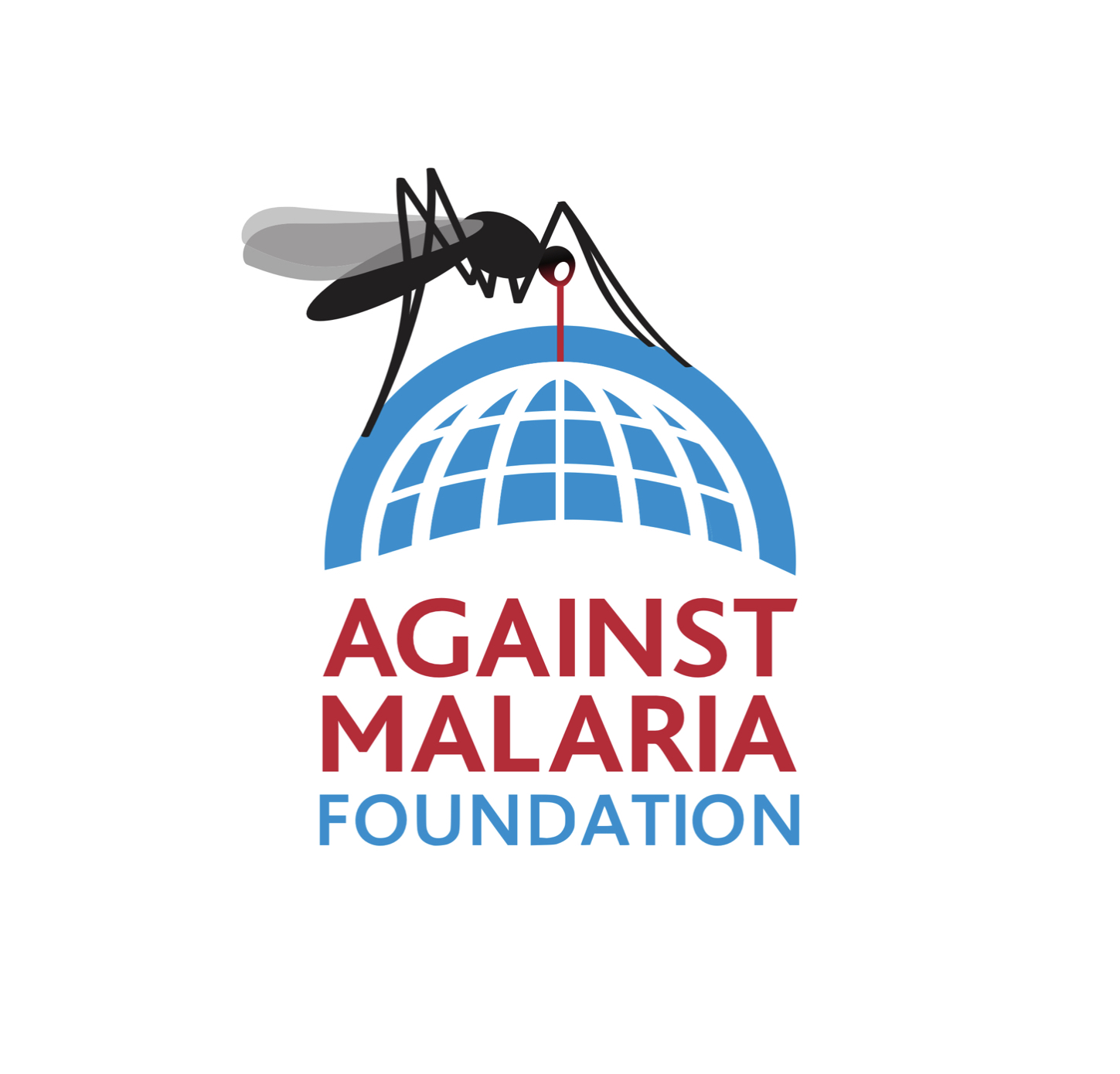Each year, approximately 400,000 people die from malaria, and more than 200 million people fall sick. Most people who die (70%) are children under five years old—that’s the equivalent of four 747s of young children dying from malaria every day. Malaria is also one of the world’s biggest killers of pregnant women. Yet every death is preventable.
Malaria is caused by parasites that are transmitted by mosquitoes. These parasites cause an infection with serious, debilitating symptoms. Depending on the type of malaria parasite and other factors, malaria can be fatal if not treated quickly. Even with treatment, some types of malaria infections can lead to long-term complications and recurring illness.
The vast majority (90%) of people who die from malaria are from sub-Saharan Africa. Malaria is also a significant barrier to economic growth in this region, due to how the disease kills many and plagues so many others with poor health throughout their lives.
Malaria is preventable and treatable. There is strong evidence that distributing nets (LLINs) reduces child mortality and malaria cases. AMF funds the distribution of LLINs, ensures they are distributed, and monitors their use and impact. The nets hang over a family’s sleeping area and combat malaria in two ways: they prevent the transmission of parasites by preventing mosquito bites, and the insecticide on the nets kills mosquitoes that land on them. The most frequently distributed nets are large, family-sized nets, which typically cost $2–$3 USD, or about $2.60–$3.40 CAD.
AMF has been consistently “top ranked” for several years by leading charity evaluators GiveWell and The Life You Can Save.

